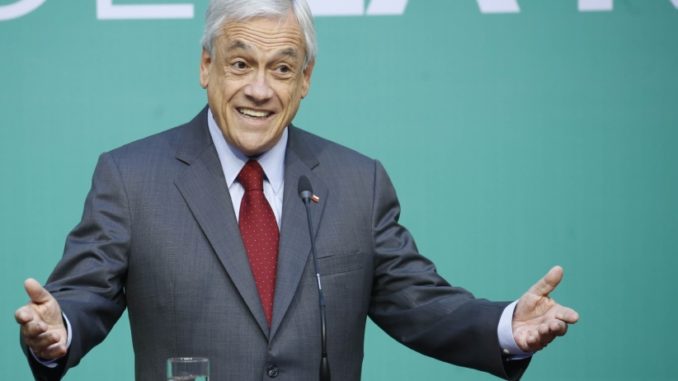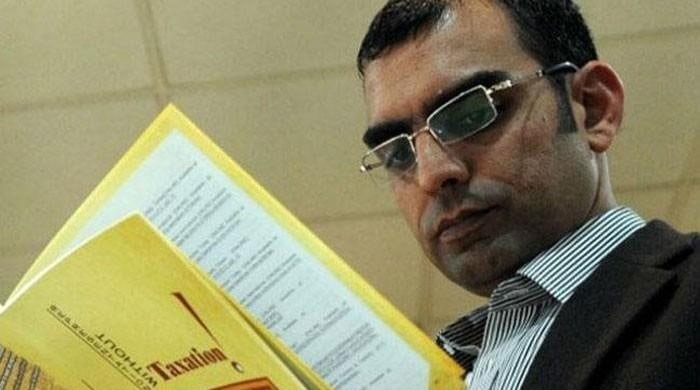
“Steering Chile away from the middle-income trap”. Thus, The Economist gives an extensive note on the Chilean economic future and analyzes part of the management of President Sebastián Piñera, in his second stage of government. In the note, the prestigious British weekly says that the Chilean economy “has returned to roar again” under the new administration, but states that “it is not yet a return to the glory days.”
The Economist reviews a series of indicators that are still on track: low potential growth (around 3%); the credit reductions made by the rating agencies; the aging of the population that will reduce the labor force, productivity remains “low and stagnant”, according to the OECD.
“Therefore, Chile’s dream of becoming a fully developed economy seems difficult to achieve. Its biggest challenge is to avoid falling into the middle income trap,” says the weekly. “The government chose as its first major battle an assault on the tax system that annihilates the confidence presented by Bachelet.”

“The voters chose Piñera, a billionaire businessman, to get Chile out of that trap. His critics say he has been slow to grab the steering wheel,” it continues. Finally, The Economist concludes: “The window to enact bold policies will not remain open for long. Rising global interest rates and the trade war between the United States and China have not yet hurt the economy, thanks to Chile’s relatively strong finances and a floating exchange rate, which has allowed the peso to depreciate.”
However, the weekly adds that “the economic environment is becoming hostile just when Piñera’s honeymoon is coming to an end. If you want to get away from the middle income trap, you’ll have to act fast.”–MercoPress
Chile: Piñera unveils Budget 2019 with 3.2pc increase in public spending



